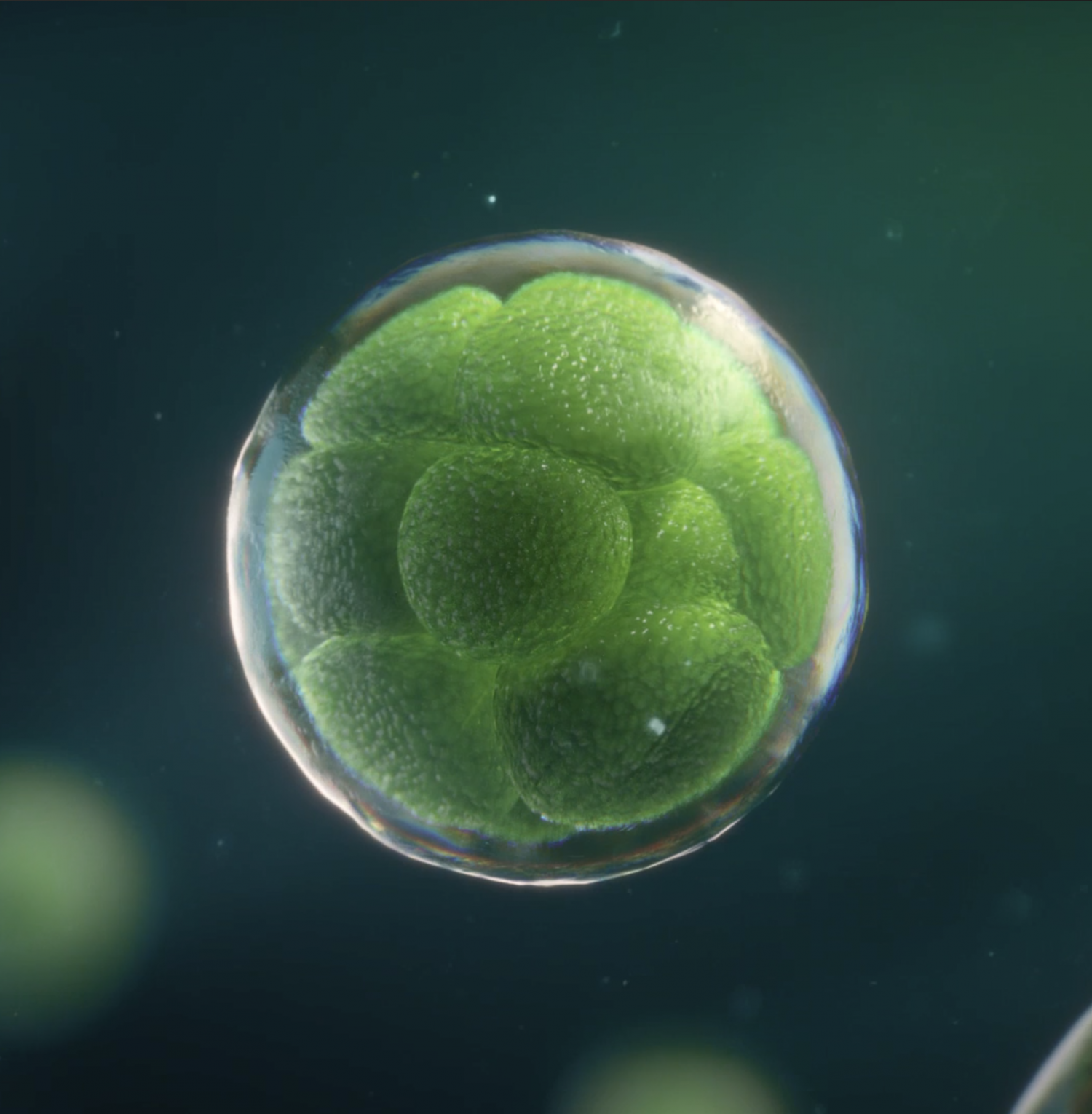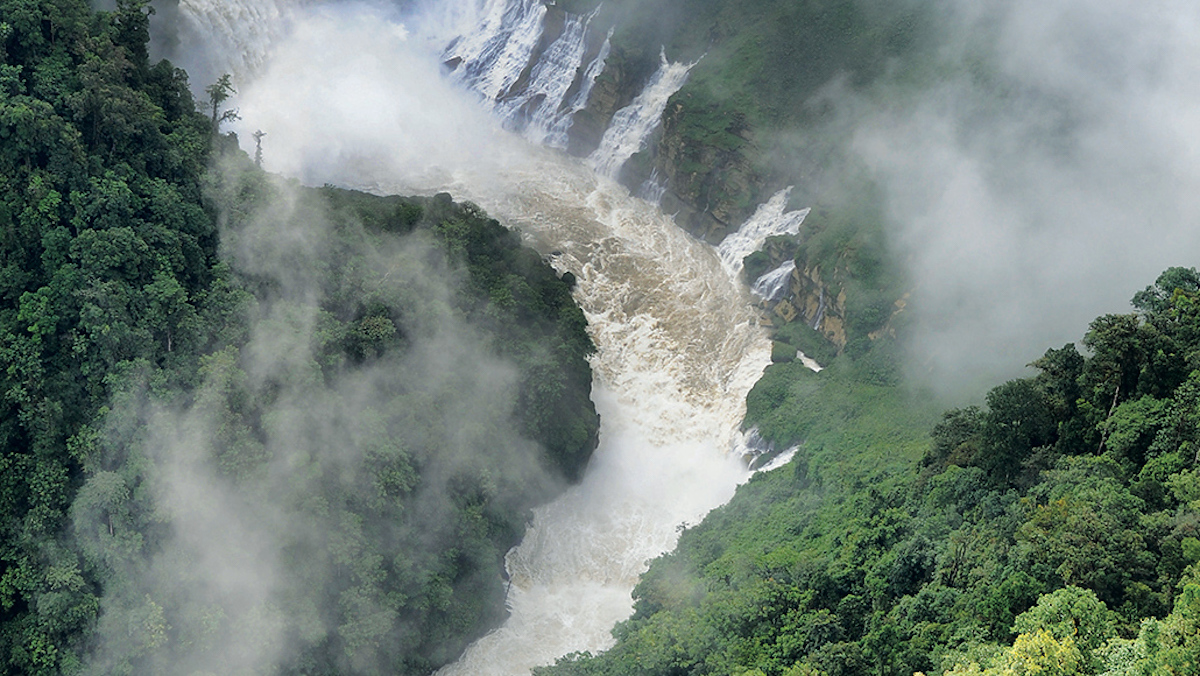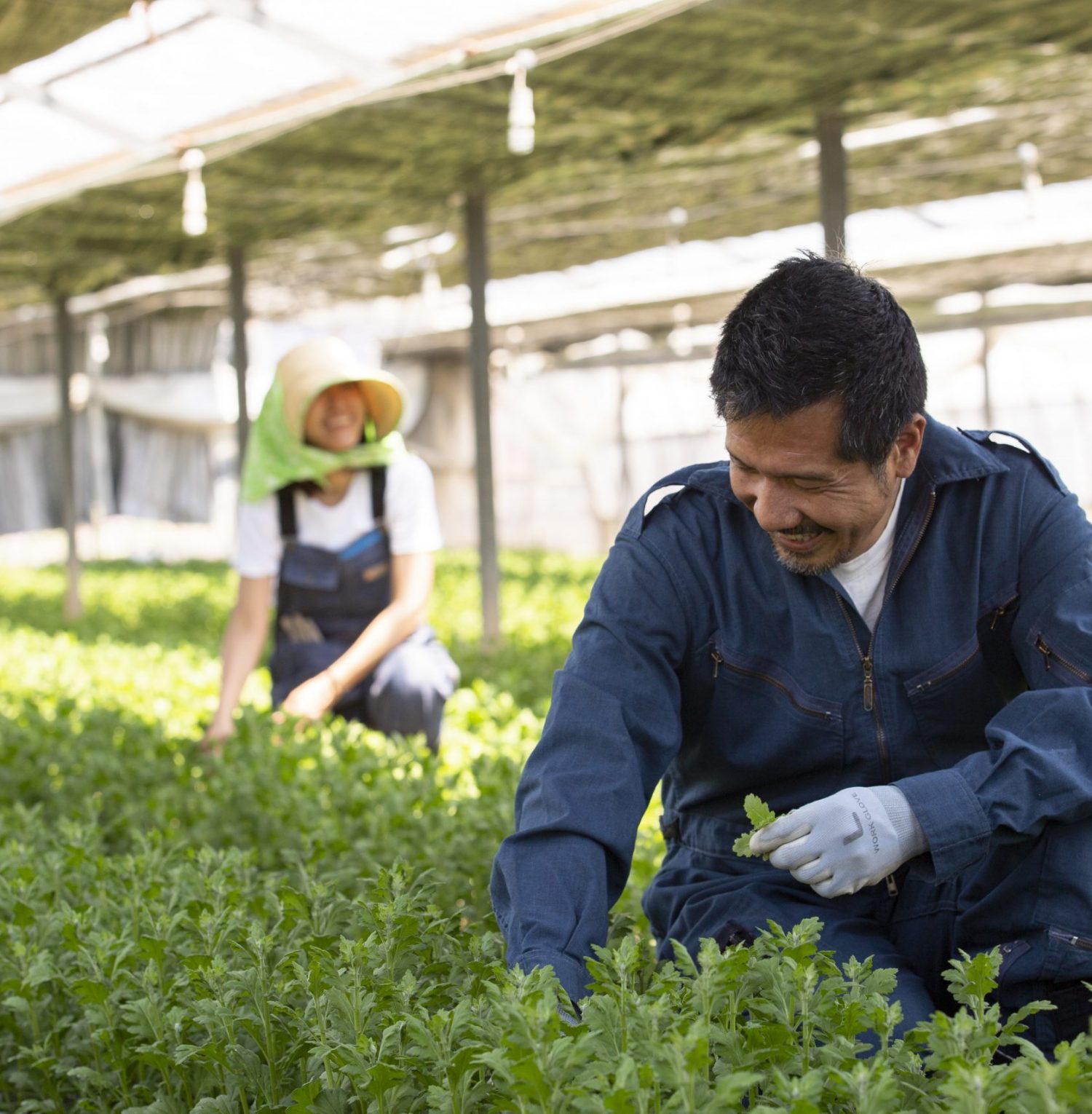It would be surprising to think that India’s 11th president, Thai princess Sirindhorn and Beyoncé have much in common.
Yet, apart from all being famous in their own countries (and around the world), they all share the rare distinction of having plants and animals named after them.
Companies and scientists that have supported efforts to broaden our knowledge of the world around us have also been granted similar honours.
In Papua New Guinea, energy company ExxonMobil’s teams of scientists and conservationists have discovered new species in the country’s mountainous interior, near its PNG LNG operations, which provides power across Asia-Pacific.
Before starting construction, the company’s environment teams had surveyed the PNG LNG Project area to identify its unique fauna and flora. During these surveys, a previously unknown species of plant was discovered. It was called Distrianthes exxonmobilensis in recognition of the company’s contribution to – and support of – scientific knowledge in PNG.
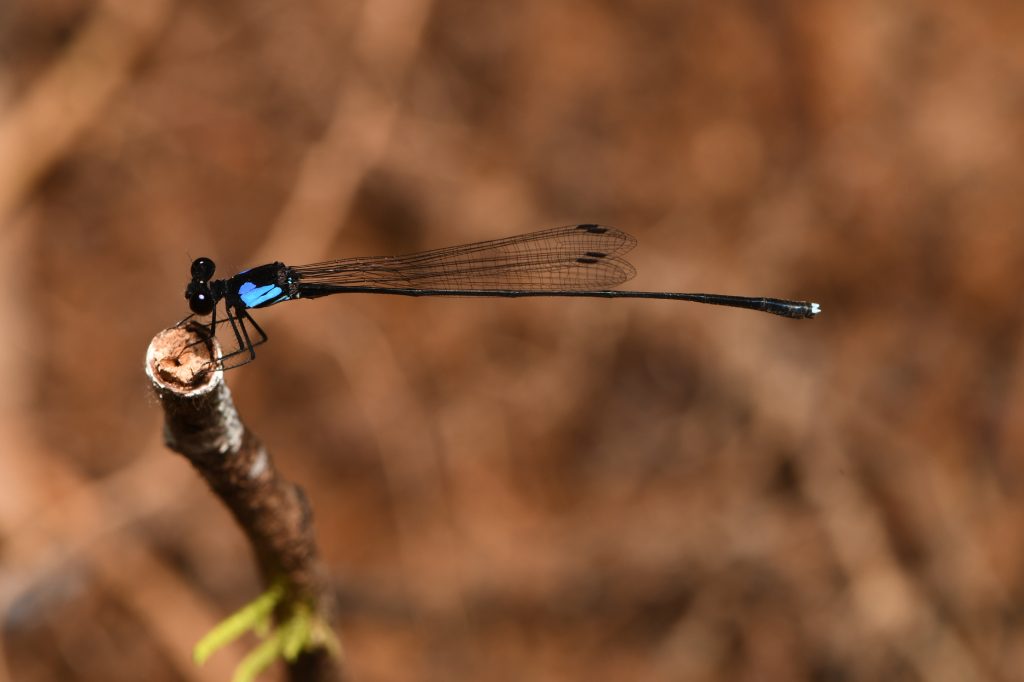
The newly discovered damselfly species.
But the recognition goes beyond the company and highlights individuals’ efforts. ExxonMobil biodiversity advisers Anita Mosby and Dr Jane Mogina have also been recognised for their work on and support of biodiversity surveys in the PNG LNG Project area, with a newly discovered frog called Copiula mosbyae and a damselfly named Nososticta moginae.
The honours were in recognition of the “many years working to protect the biodiversity of Papua New Guinea,” said one of the damselfly discoverers, Professor Gunther Thieschinger
These biodiversity advisers and the company have played a critical role in conservation in the regions in which they work, well beyond just those creatures named after the company.
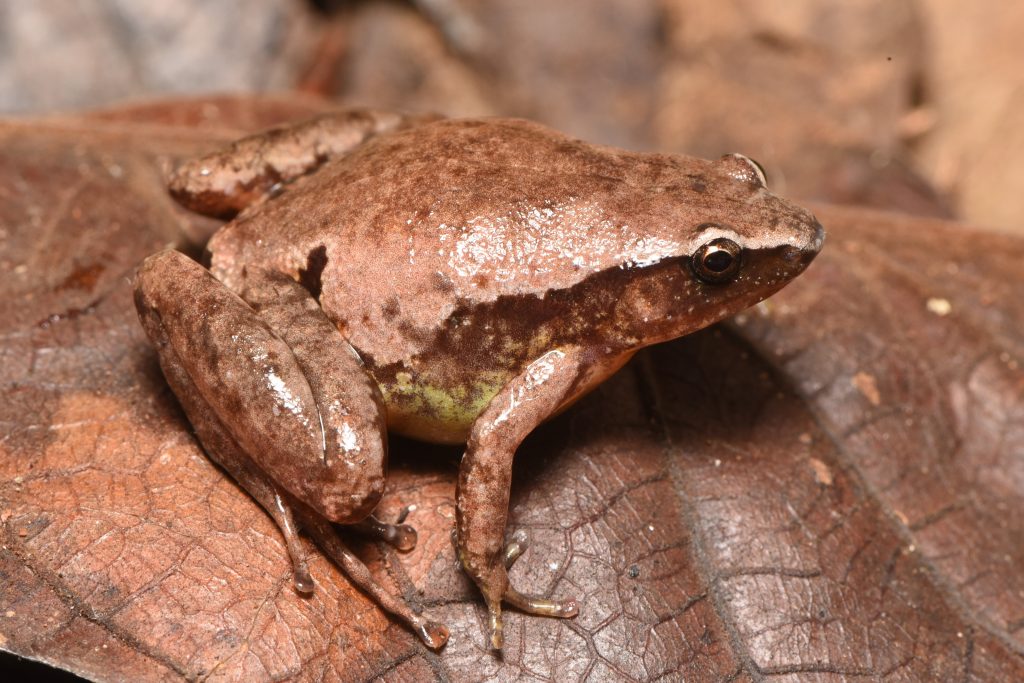
The frog was discovered during a biodiversity study supported by ExxonMobil’s PNG LNG operation.
The energy company has just finished a five-year conservation project with the Port Moresby Nature Park, Piku Biodiversity Network, University of Canberra, and the PNG Conservation and Environment Protection Authority to release endangered pig-nosed turtles back into the wild.
The ‘Head Start’ program collected new-born turtles from the wild, where they had a less than 1 percent chance of survival. After being raised in safe conditions that enabled them to grow big and strong, they were then returned to the Wau Creek Conservation Area in PNG’s Gulf Province, increasing their chance of survival to about 30 percent.
“The return of 42 of these endangered turtles back to their birthplace at Wau Creek was an emotional event,” said Julia Hagoria, EMPNG Biodiversity Adviser.
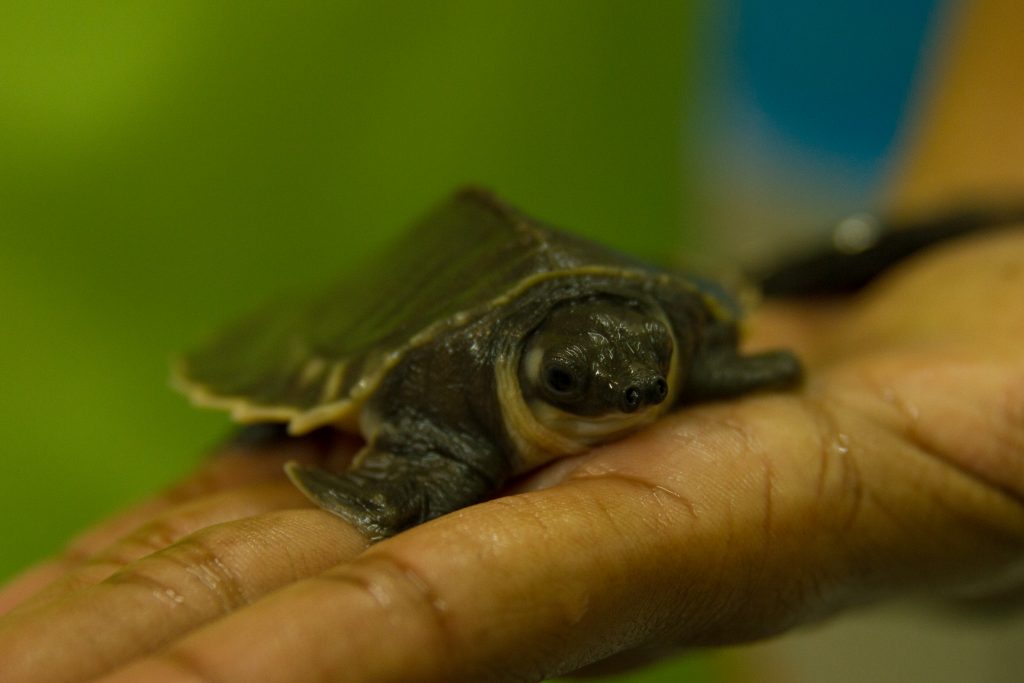
The conservation project aims to repopulate rivers with the native Pig-Nosed Turtle.
“The strong partnership we have established has led to an important contribution to protecting the pig-nosed turtle and highlights what PNG can achieve when communities, scientists, government and industry collaborate.”
On Argentina’s Patagonian steppes, the company has also supported the uncovering of new dinosaurs, and was recognised for its work in preserving and safeguarding the region by having a new species – Viavenator Exxoni – named after it.
Carolina Pascarelli, a former ExxonMobil Argentina public and government affairs advisor said, “This project has also proven to be very significant to Rincón de los Sauces because dinosaur fossils are an important part of the community’s culture.”
“Dinosaur monuments can be found in the main squares and in the entrance to the town, street signs have dinosaur images on them and the children read books about dinosaurs in school.”
The dinosaur, which lived more than 66 million years ago, reached up to 7 metres in length and weighed around two tonnes.
The company also supported the recovery of fossils from a herd of some of the world’s largest dinosaurs – Titanosaurus.
After the fossils were first uncovered in 2013, ExxonMobil diverted its operations in the area to ensure the integrity of the dig site and funded the first phases of paleontological work.
ExxonMobil has also supported other study efforts to deepen our understanding of biodiversity and the environment.
In Australia, the company has supported the Phillip Island Nature Parks’ Chirpy Chick program, which is designed to educate students about penguins and encourage conservation by getting close with real penguins.
“Children have always loved penguins because they’re cute, but after participating in a Chirpy Chicks program they are able to gain a deeper understanding of their existence and the responsibility that we all have to protect their environment,” said ExxonMobil Australia communications manager Melanie Saliba.
From the forests of PNG to the steppes of South America, the company is not only providing energy, but also helping to power people to find out more about the world around us.
